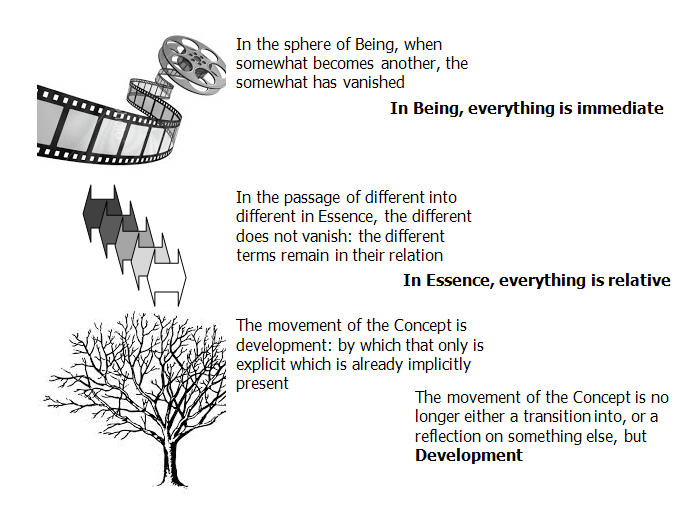Why dig into the excreta of knowledge
In my ongoing effort to write on impossibly niche topics, I compare fields of knowledge to first Qliphoth and then bodies without organs in order to try to understand my own intellectual efforts.
I am sorry for this extremely abstract bit of writing, it was the writing that I had on hand to share. I'm sure next week will be more... broadly interesting
At any moment in history, there are areas of knowledge that are considered creatively fruitful, that attract intense intellectual energy. Sometimes the field "splits off" and becomes something new, and the old space is no longer of much interest (or even considered legitimate).
Old knowledge as husk
A possible metaphor for this is the Lurianic Qliphoth, the shells through which the essence of the Divine are speculated to have spilled during the process of creation. The husks that once channelled holy energy are now cracked, emptied, and profane. While they can be seen as an answer for the question of why evil exists in the universe, the Lurianic interpretation is broadly that they are waste, necessary excreta of the process.
This metaphor doesn't work in an incremental or evolutionary sense as the Qliphoth perform their role once and then are forever emptied (depending on how you understand time in this model of the universe); it can only make sense from the Hegelian idea that it was always already thus, that we are immersed in an absolute and immediate movement. Perhaps a way of thinking of this is the dualistic structure of a wikipedia page that presents a current field of thought, trailing a secondary "history" section describing how it necessarily became thus.

Thus Alchemy engenders Chemistry, Aristotelian logic births and is eclipsed by symbolic logic. But this depiction of a simple outgrowing of seed from husk is insufficient. What do we make of areas like philosophy that have continually spun out new areas of thought, such as logic, physics, psychology? Or of thinkers like Freud whose thought has been immensely generative but are no longer considered critical to his field of origin? Are the old regions of thought worthless, suitable only for the dusty museum? What remains of fecund spaces like Magic in a world ruled by Materialism?
Territories of knowledge as Egg
Perhaps instead we could think of the space of knowledge as a process of differentiation, like an ovum developing shapes from flows and potential energies. Deleuze and Guattari talk about the "body without organs", a kind of abstract object that may eventually become organised into concrete and differentiated structures. This process of becoming can never be complete or final, even as form emerges. There must continue to be space for cross-cutting lines of inquiry. For instance, the development of Chaos theory via meteorology did not determine the limit of its application. The division of regions is also contingent in the Hegelian sense: for instance, the historical division between surgery and medicine continues to shape modern health systems. Are these sorts of stratifications still useful or do we need to dissolve some of these in order to become something better.
By this logic, we can answer the question of what "use" are the previously fertile areas: we can't present a general answer. Sometimes a space becomes stratified for centuries (see political economy supplanted by Economics and Political Studies) but the legitimacy of its differences remain contested. Sometimes a region appears genuinely exhausted and no further development is likely to occur there. Sometimes an area that belonged to one region proves fertile opened up as an analytic tool for another; for instance, the Ljubljana school's appropriation of Lacanian psychoanalysis to criticise political ideology and analyse culture and art.
Okay?
Besides proving that I'm terribly clever (!), I'm seeking to understand what the point and benefit of these semi-instinctual directions of research are for - I want to understand in retrospect what I am doing, and why. Will Luria, or Hegel, or Lacan, or Deleuze, help point me towards the creative development of new thought? I agree with Žižek that the old fantasies of the Left are insufficient to meet the moment. I reject the largely liberal "Solarpunk" as a kind of parasitic mimic of the kind of desire-creating fantasies we should work on. Will digging into this stuff show me new ways forward, or is it mostly intellectual fart-sniffing? It's fine if it's the latter, I'm just a person compelled by my drives and peculiarities. It would be nice, though, to coalesce a new organ that we could use to produce the future.
† a fun little poetic addendum is that when God separated the waters from the waters in Genesis 1:6, he formed a kind of space of potentiality, a body without organs, a womb within which all of creation would develop.